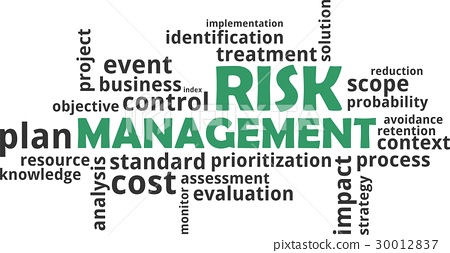

This brand new seminar will significantly enhance the skills and knowledge of delegates and improve their ability to plan, manage, and control projects. The material has been designed to enable delegates to apply all of the material with immediate effect at the office
The Primary Objectives of the Seminar are to help Delegates to:
This seminar is designed for:
Delegates will develop fundamental project management performance and control skills and knowledge through formal and interactive learning methods. The program includes team projects, applicable case studies, group discussion and critical analysis of video material based on actual large construction projects.
Additionally, the seminar does not assume prior knowledge of the topics covered in the course. New concepts and tools are introduced gradually to enable delegates to progress from the fundamental to the more advanced concepts of project management.
Day1 - Project Management Framework, Organizational Structures, Systems and Processes
Standard for Project Management life cycle:
Project Integration Management
Organizational Structures
Day2 - End-User Requirements Definition and Development & Project Scope Management
Selecting and Developing the Project Team
Day3 - Project Selection Methods & Time Management
Day4 - Project Quality Definition and Risk and Contingency Analysis
Project Quality Management
Project Risk and Contingency Analysis
Day5 - Project Progress Management and Control & project closure
CDGA attendance certificate will be issued to all attendees completing minimum of 75% of the total course duration.
| Code | Date | Venue | Fees | Register |
|---|---|---|---|---|
| PM158-01 | 09-03-2026 | Cape Town | USD 6950 | |
| PM158-02 | 21-06-2026 | Dubai | USD 5450 | |
| PM158-03 | 14-09-2026 | Istanbul | USD 5950 | |
| PM158-04 | 13-12-2026 | Muscat | USD 5450 |

Risk management is a critical component of project success, helping organizations identify, assess, and mitigate potential threats before they impact project objectives. This course provides a structu ...

The ability to negotiate successfully is one of the most basic of the business person’s skill sets. Significant positive or negative impacts are made to every organization’s bottom line from the Resul ...

The objective of every organization is that the contracting process results in a fair and reasonable price for a high quality on time deliverable. To meet this objective, world-class organizations v ...

In your day-to-day operations and business dealings, you would invariably come into contact with contracts/agreements as well as terms & conditions contained in many business documents. This course wi ...
Providing services with a high quality that are satisfying the requirements
Appling the specifications and legalizations to ensure the quality of service.
Best utilization of resources for continually improving the business activities.
CDGA keen to selects highly technical instructors based on professional field experience
Since CDGA was established, it considered a training partner for world class oil & gas institution
3012, Block 3, 30 Euro Business Park, Little Island, Co. Cork, T45 V220, Ireland
Mon to Fri 09:00 AM to 06:00 PM
Contact Us anytime!
Request Info